Slides from a 2013 internal Apple document show how it perceived Google's privacy stance at the time
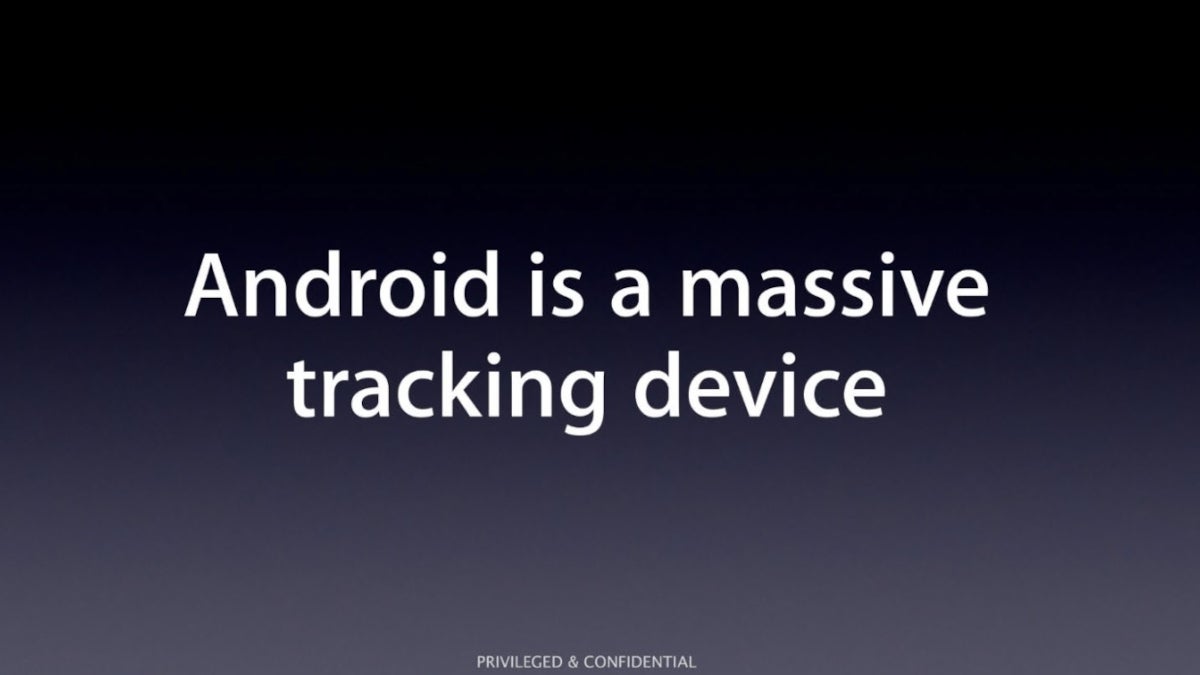
Slides from a confidential Apple document disseminated in 2013 have surfaced during the U.S. v. Google antitrust trial including one that says, 'Android is a massive tracking device.' Another slide from the same document shows the difference in how Apple and Google approach privacy. All of the slides are considered trial exhibits and have been redacted so that the public can get a look at them.
The slide comparing Apple and Google's privacy policies says that Apple:
- Combines data across services only when it provides a better customer experience.
- Supports separate accounts for iCloud, App Store, iTunes Store.
- Siri, Maps, and iAd do not use the Apple ID.
On the Google side of the slide it says that the company:
- Combines data across services.
- No separate account support.
- One sign-in links Voice Search, Maps, Ads, Google+, Apps, Mail, Calendar.
- Buying or updating an app requires system-wide sign-in.
- Only reasonable use case is full authentication.
Other slides compare how Apple and Google handle personal data. Under the category of "Siri and Voice Search," Apple says:
- User data tied only to Siri use.
- Data persistence is under user control.
- Identifying data never given to third parties.
Google's side of the slide says:
- Voice Search is tied to the Google Account.
- On Samsung phones, once S Voice is used, subsequent Voice Search data is sent to Vlingo (backend for S Voice) and cannot be disabled.
- Transcriptions, contacts, location, etc.
Yes, the slides are dated as you can tell from the inclusion of services no longer with us such as the iAd advertising platform, and the S Voice virtual digital assistant. Apple started an advertising campaign based on privacy in 2019 and kicked it off by plastering a huge ad on the side of a building in Las Vegas directly across from the Las Vegas Convention Center which was hosting the 2019 Consumer Electronics Show at the time.
Mocking the famous saying about "what happens in Vegas stays in Vegas," the giant sign said, "What happens on your iPhone, stays on your iPhone." While Steve Jobs had already passed away two years before, his comments about privacy from the 2010 All Things Digital Conference were included with the slides. Jobs said, "We take privacy extremely seriously...A lot of people in the Valley think we're really old-fashioned about this."
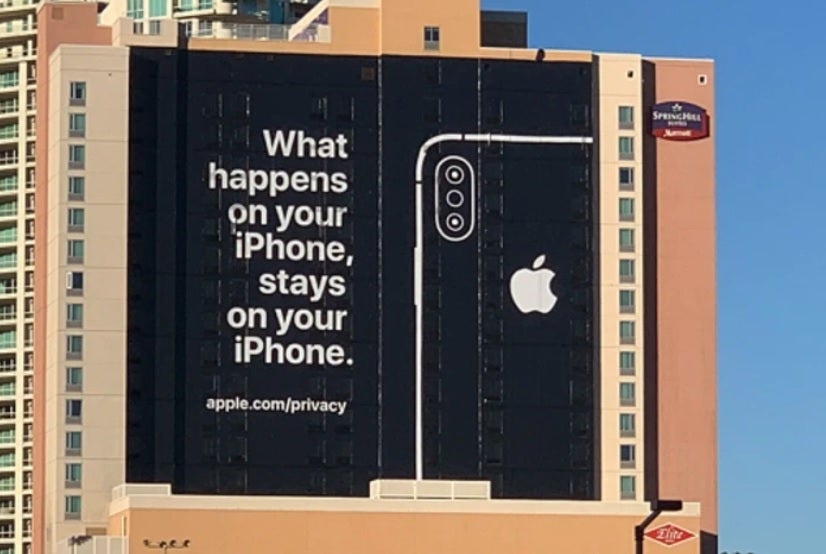
Apple's famous Las Vegas privacy sign put up across the street from the Consumer Electronics Show in 2019
Eric Schmidt, who was Google CEO in 2010, said this at the Washington Ideas Forum the same year, "Google's policy is to get right up to the creepy line but not cross it. I would argue that implanting things in your brain is beyond the creepy line. At least for the moment, until the technology gets better.
If the judge finds that Google violated antitrust laws, he could order that the company be broken up into several smaller companies.
Follow us on Google News








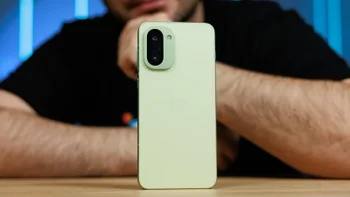

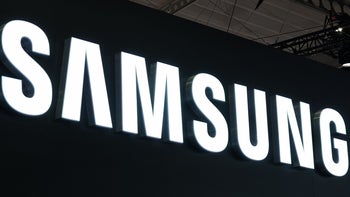

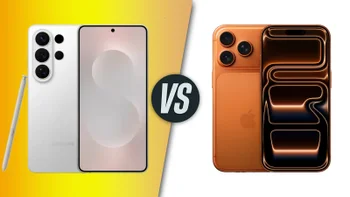
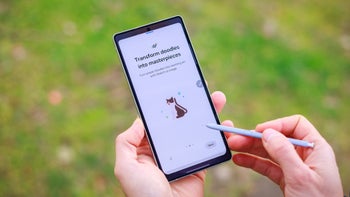
Things that are NOT allowed:
To help keep our community safe and free from spam, we apply temporary limits to newly created accounts: